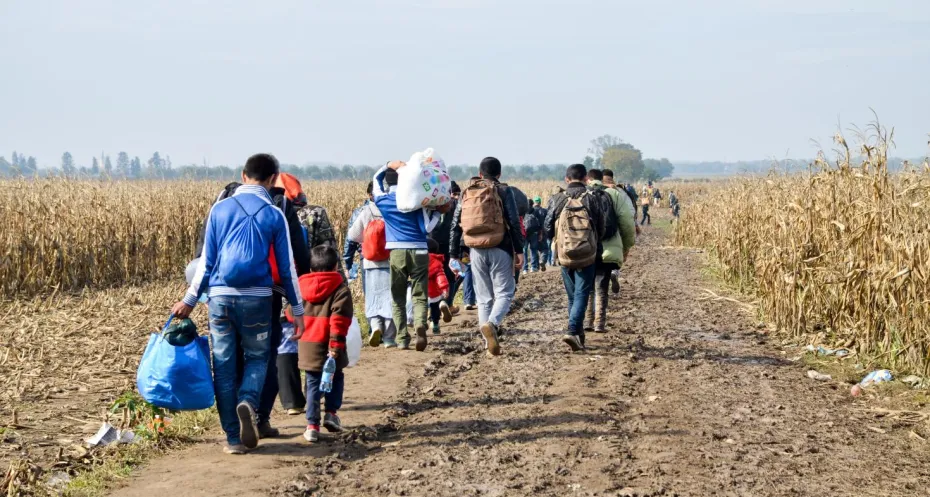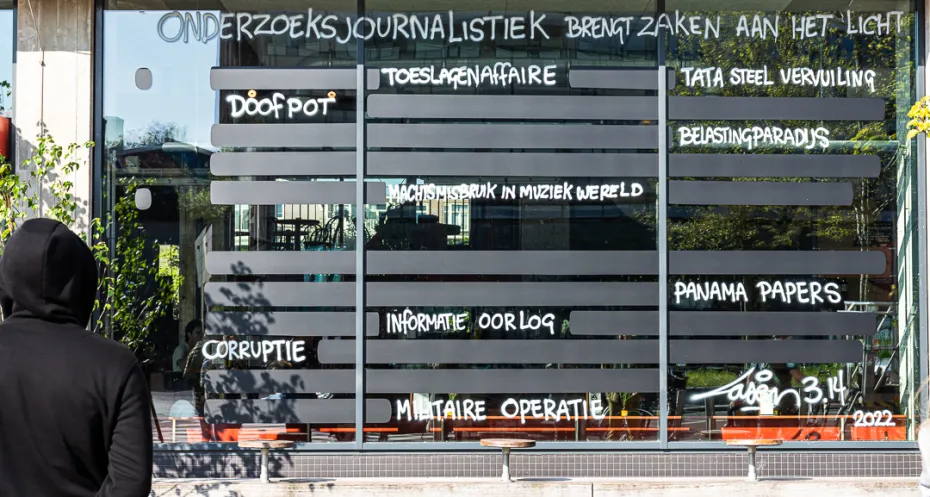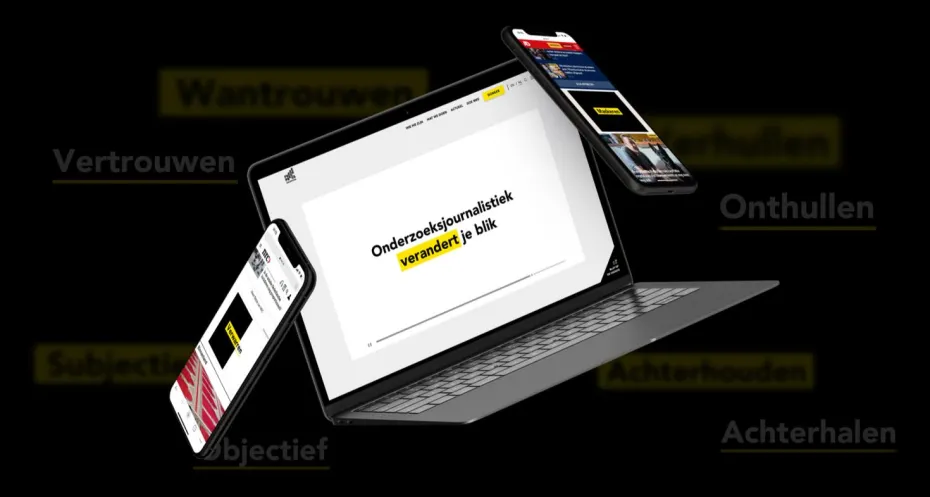39 investigations in ten different languages published under CIJI project
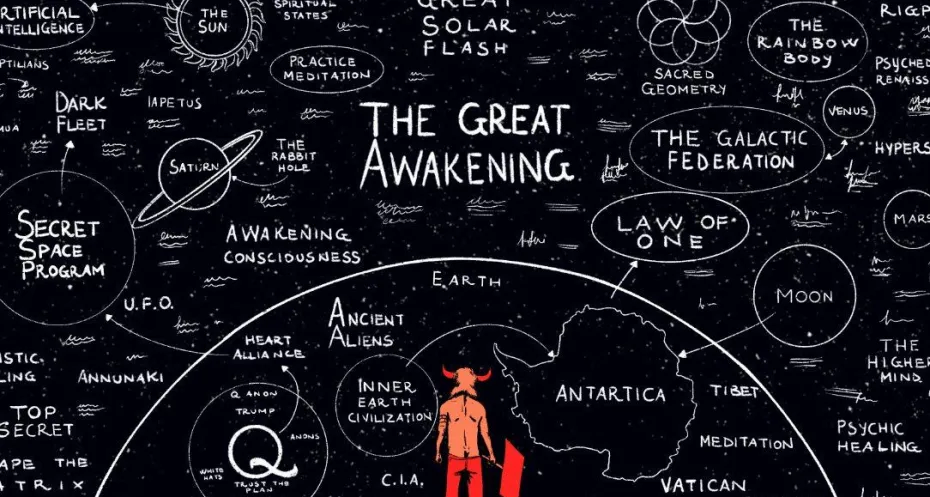
Ten cross-border investigative teams awarded as part of the Collaborative and Investigative Journalism Initiative (CIJI) dived into their investigations resulting in a whopping 39 stories published in ten languages. From exploitation of Ukrainian war refugees to coordinated Russian propaganda campaigns, CIJI investigations showcase the power of collaborative journalism.
Leading media outlets such as L’Espresso, El Pais, Newsweek Poland, Delfi and others have published the stories. Read more about the stories of our grantees below.
“How public figures are pushing Russian propaganda”
This joint investigation in Latvia, Lithuania and Poland exposed striking similarities in pro-Kremlin messages amid the war in Ukraine. What might seem as local isolated “propaganda incidents”, are in fact part of the much bigger disinformation campaign targeted to wider audiences and using similar patterns. The stories can be read on Newsweek Poland, www.onet.pl, LRT and TVNET.
“Cheap Ukrainians”
Journalists from Lithuania and Ukraine exposed how shady businesses are profiting from the tragedy of the Ukrainian war refugees and tricking them into illegal work schemes with less pay and no social benefits. The journalists hope to contribute to the improvement of a regulatory system that is supposed to prevent exploitation which is potentially happening on an industrial scale. The stories have been published by Siena, 15min.lt and Slidstvo.info.
“I LOVE YOU”
A team of Lithuanian and Slovakian journalists unravels the mystery around the most common schemes of „romance“ scamming and the reasons for the justice system failing to safeguard the survivors. It was made into a documentary which has been published by Delfi.tv, Korzar.sme.sk and atviraklaipeda.lt.
“Down the abyss of conspirituality: the hidden network of far-right ideologies and the world of contemporary spirituality in Europe”
Focusing on Italy and the Czech Republic, this collaborative investigation unveils how “conspirituality” - which describes the convergence of contemporary spirituality and conspiratorial narratives - is leveraged by extremist networks and movements. The team studied the phenomenon by delving into the online rabbit hole where the New Age’s cosmologies of wellness and mystical feel-goodism communicate with a certain type of conspiracy that yields to extremism.
By rummaging through dozens and dozens of Telegram channels, from QAnon propagandists to anti-vax campaigners to channels talking about magical energies and religious syncretism, the team tried to understand how far-right narratives and ideologies circulate. The journalists discovered a widespread practice of disseminating extremist content and references that latch onto anti-establishment sentiments and disinformation movements, circulating in groups where unaware users are exposed daily to ambiguous and borderline narratives. The findings can be read in Irpi Media, Transitions, and HlídacíPes.org.
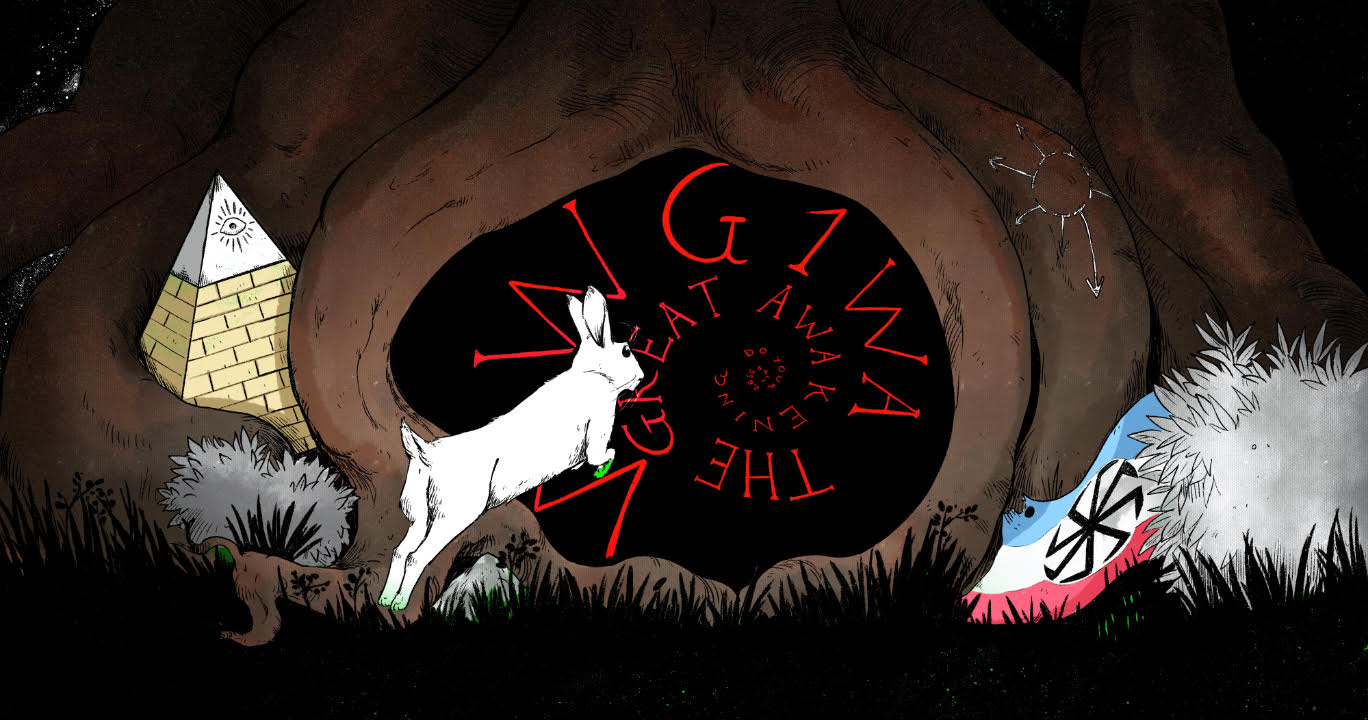
“In the hands of the church”
This transnational investigation reveals that some Pentecostal pastors are involved in human trafficking and push the victims of human trafficking to pay their debt and not to report. Some Pentecostal churches are frequented by madames or affiliates of the Nigerian criminal organisations, and host the criminal network meetings. In Nigeria, some Pentecostal pastors help the girls who want to emigrate to get in touch with the madames and the traffickers. The stories have been carried out by renowned media: L’Espresso, News247, El Pais, IRPI Media and OCCRP.
“Investigating Czech and Slovak companies registered in tax havens”
A collaboration between the Czech Deník Referendum and the Slovak Investigative Center of Ján Kuciak, this investigation used a follow-the-money approach, to explore Czech and Slovak companies registered in tax havens. The teams uncovered the financial operations behind the purchase of the most important asset, gas infrastructure, of the Křetínský´s holding EPH as well as revealed the modus operandi of EPH holding and its shady ownership structure, leading to Cyprus, where number of shareholders are hidden. The stories can be read in Deník Referendum and ICJK.
“Illegal fishing in the Mediterranean”
This joint Greek-Italian investigation reveals the social and economic dynamics behind illegal fishing in Greece and Italy, where a mix of unlawful fishing techniques and violation of protected areas are threatening the sustainability of Mediterranean ecosystems, while traditional fishermen struggle to stay in the business. The results have so far been published by IRPI Media, Lifegate and TV Svizzera.
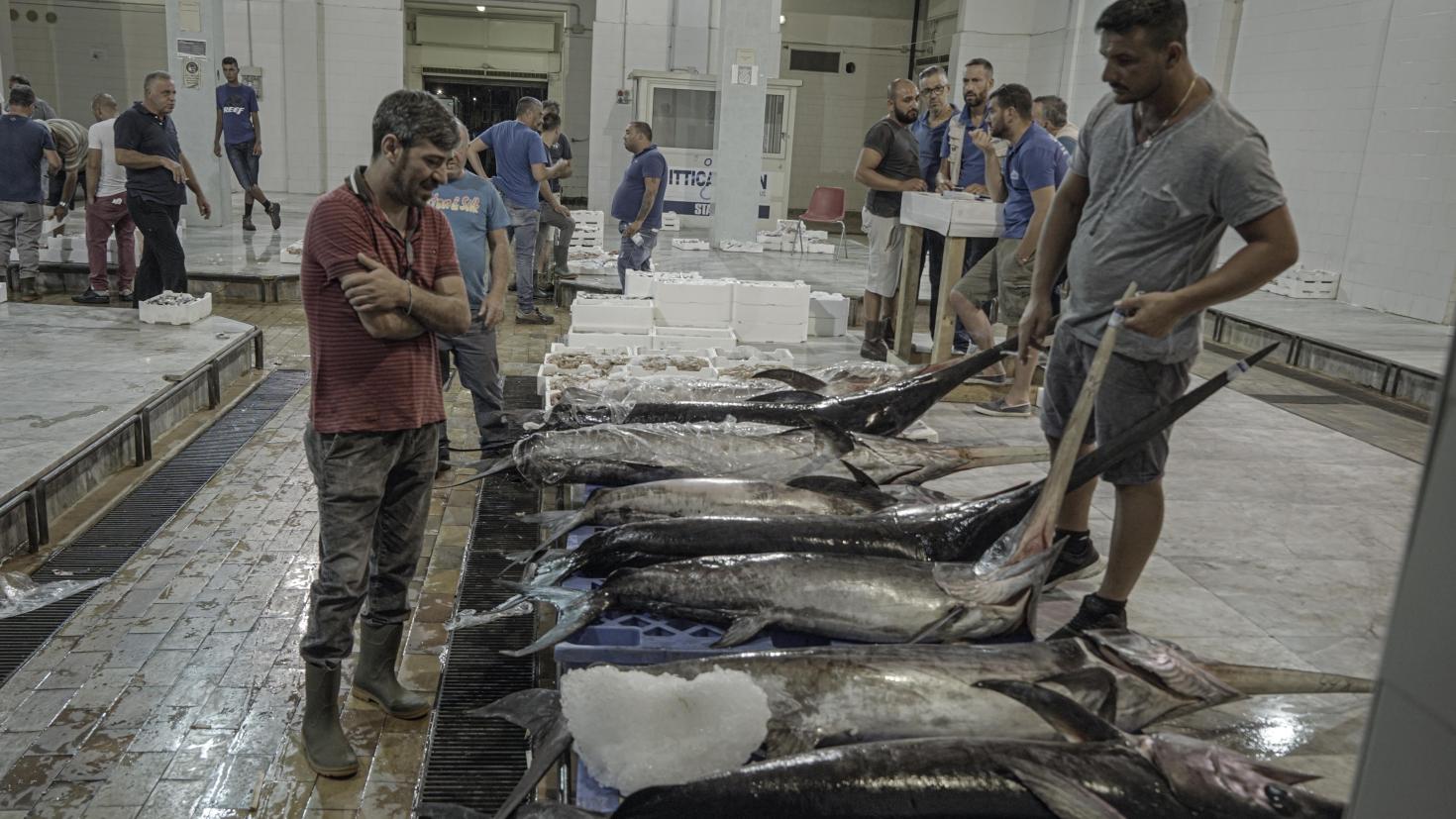
“Two systems, one EU: the reception of Ukrainian refugees in Hungary and Italy”
This project investigated the Hungarian and Italian approaches to the reception of refugees and the contradictions in the different approaches towards Ukrainians and refugees of other nationalities. The team also looked into the way in which the EU has been managing migration flows through the years. The findings highlight the deep failures of the European Union in the reception of asylum seekers and refugees coming from non-European countries. Read the stories in OpenPolis, Ungheria News, Altreconomia and Vita.
“EU Green Fuel Fueling Deforestation”
This team tracked the supply chain of palm oil from deforestation areas in Indonesia to gas stations in Europe where "fake" green fuel is sold to car drivers. The investigation exposes that ENI and Total do not have traceability systems in place to certify that their palm oil is actually deforestation-free. The findings have been published by Il Fatto Quotidiano.
“Polish and Lithuanian government officials, border guards and other actors spreading disinformation about human rights activists providing humanitarian aid to migrants at the Polish-Lithuanian-Belarusian border.”
This investigation proved the spread of disinformation by Polish and Lithuanian governmental officials and border guards. This team found that disinformation narratives towards activists in Lithuania and Poland are very similar. These include labeling activists as human traffickers, accusing them of other illegal activities at the border, calling them: “Useful idiots”, “Kremlin servants”, “not patriots”, “not real Poles, or not real Lithuanians''. As a result of such narratives, police started several investigations against the activists (the investigations later were suspended) which shows how those narratives can effectively and undemocratically target humanitarian missions. The story has so far been published by Gazeta Wyborcza.
About CIJI and the application process
Run in partnership by Reporters Without Borders (RSF), Free Press Unlimited (FPU), Free Press for Eastern Europe and Tactical Tech (TT), CIJI aims to equip independent media outlets and individual journalists with resources, innovative networking infrastructure and standards-based methods that enable them to practise high-quality, ethical and accountable collaborative and investigative journalism.
The calls for applications for the Small Production Grants for Cross-Border Stories were ran by Free Press Unlimited and Free Press for Eastern Europe between May - June 2022 and were open to journalists residing or publishing for media targeting audiences in the Baltic countries, Visegrád Four and Southern Europe, as well as journalists from Ukraine, Belarus or Russia who were legally residing in the EU and and had to leave their own countries as a result of the war in Ukraine and/or related to it imposed media censorship in Belarus and Russia.
Story pitches were accepted within the following thematic areas: Human rights and migration; Disinformation; Environmental crime; Corruption and money laundering. The criteria used to select the projects include editorial quality, story relevance, reach and impact, project feasibility and applicants’ experience, while ensuring country representation and theme balance.
For more information about the Collaborative and Investigative Journalism Initiative, please visit ciji.eu or contact Diana Lungu at lungu@freepressunlimited.org.
This project is co-funded by the European Commission under the Pilot Project: Supporting investigative journalism and media freedom in the EU (DG CONNECT).
